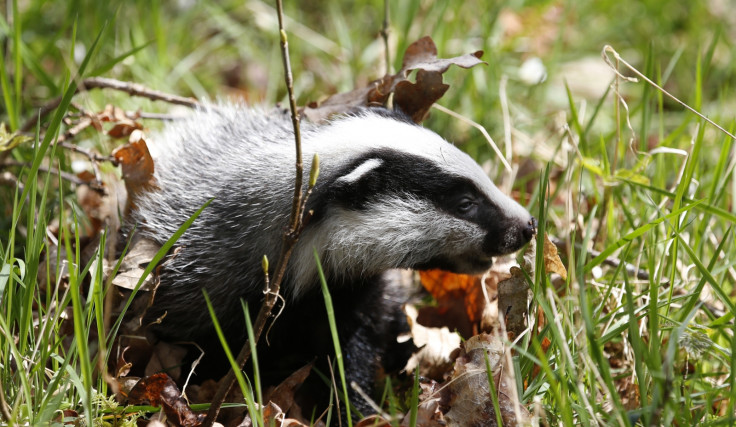UK government gives go ahead for badger culls in five new areas
Seven licenses have been given covering parts of Herefordshire, Gloucestershire, Cornwall, Devon and Dorset.

The Department for Environment, Farming and Rural Affairs (Defra) have announced five new areas being given licenses to start badgers culls. The culls are one of a series of measures aimed at tackling bovine TB announced on Tuesday morning (30 August).
Alongside the new licenses, Defra said they would be holding a consultation on introducing further cattle measures and handing out new advice packs for farmers affected by the disease.
Chief Vet, Nigel Gibbens, said "Proactive badger control is currently the best available option and the licensing of further areas is necessary to realise disease control benefits at regional rather than at local levels."
The announcement comes a week after the BBC revealed that the government had already selected culling companies and trained marksmen. On hearing of the news, the RSPCA called the restart of badger culls "alarming."
Assistant director of public affairs at the RSPCA, David Bowles, said at the time that the charity were "saddened but unsurprised" and that they "remain firmly opposed to plans for a widespread cull".
"The RSPCA, along with many other animal welfare and veterinary organisations and scientific experts, has always maintained that culling is not the answer to solving the devastating problem of bovine TB. In fact it is more likely to make the problem worse," said Bowles.
Badger culls were initially introduced in 2013 but initial plans to expand culls was reversed in 2014 after an independent report found them to be ineffective and inhumane. The new culls will cover parts of Herefordshire, Gloucestershire, Cornwall, Devon and Dorset, with Defra saying that "operations [are] now under way."
Bovine TB cost £100m a year to deal with, according to Defra, and in 2015, 28,000 cattle were slaughtered to control the spread of the disease. Though Defra also said that the UK is "on track to achieve TB freedom to more than half of the country by 2020."
Farming Minister, George Eustice, added: "The veterinary advice and the experience of other countries is clear — we will not be able to eradicate this disease unless we also tackle the reservoir of the disease in the badger population as well as cattle."
© Copyright IBTimes 2025. All rights reserved.






















